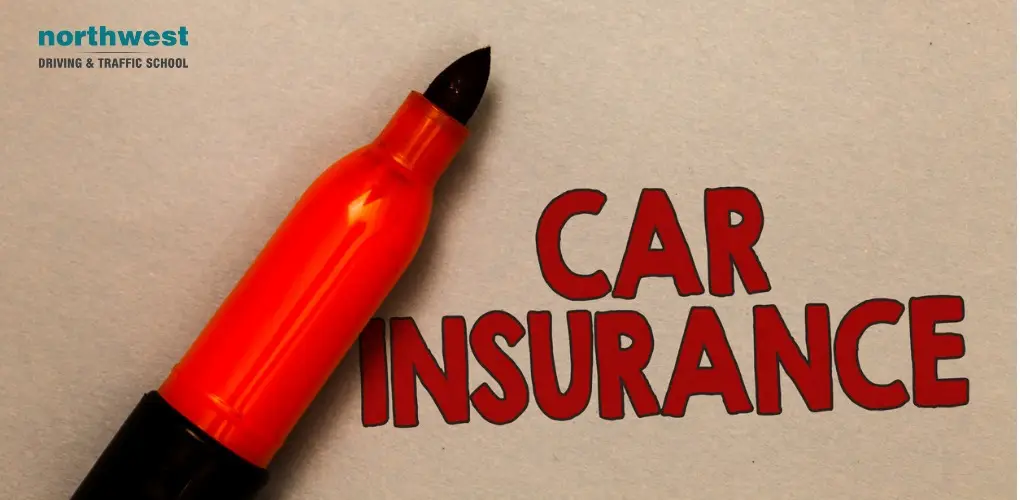- Others
What Does Comprehensive Car Insurance Mean?

Car insurance is one of the more complicated things a new driver has to navigate after gaining their license and the terminology can be very confusing. There are many different policies to choose from, each with its pros and cons.
In this article, we will be looking at what comprehensive car insurance actually means, breaking down the jargon and giving you the basic information you need to make sure you pick the right insurance for you.
Table of Contents
What Types Of Car Insurance Are There?
Most car insurance policies can be broken down into one of three categories:
● Third Party
● Third-Party Fire and Theft
● Fully Comprehensive
By exploring each of these in turn, we’ll be able to see which one is the right one for you.
What Does Third-Party Car Insurance Mean?
The third-party offers the least amount of legal coverage to the insured person but is normally the cheapest option in terms of how much you’ll pay for your coverage. It is important to note that this does not make it the cheapest overall. It is also the lowest level of coverage you can have and still drive legally.
Third-party insurance covers damages to anyone other than you who suffers a loss due to an incident involving your vehicle. This loss could be to their health or their property.
If you are involved in an accident that you caused, your third-party insurance covers the other driver’s costs and any costs that your passengers might sustain.
You are the only person not covered by third-party insurance, so it won’t cover the cost of your car being stolen or damaged by fire. This means it is the cheapest in terms of what you pay for your policy, but you might end up replacing your entire car, making it potentially more expensive than the next step up.
What Is Third Party Fire And Theft?
Third-Party Fire and Theft does almost exactly what it says on the tin. It covers all the same things as third parties, other road users, and your passengers, but also pays out if your car is damaged by fire or stolen. This usually makes it the most economical of the available policies as it covers most of the major payouts you are likely to make.
What Does Comprehensive Car Insurance Mean?
Comprehensive car insurance covers nearly all the costs associated with possible damages to your car and third parties’ health and property. This will mean that you can get coverage for repairs whether your vehicle was damaged in an accident, in a fire, or even if it was stolen. It’s far more extensive than third party insurance as well as third party fire and theft.
Ironically, it can also be the cheapest policy on the market, with comprehensive car insurance costing, on average, $745 per year in some states. One possible reason for this is that a number of young drivers have favored less extensive insurance options. Since young drivers are also more likely to crash, this has put the cost through the roof and, on average, meant they are far more expensive than comprehensive policies.
One of the greatest benefits of most comprehensive insurance policies is that they allow you to drive another vehicle. Ideal if you find yourself needing to take the wheel of another car, such as one belonging to a friend or a rent-a-car. On some policies, you might even be insured to drive in another country, making holidays that much easier.
Shop Around
One of the most common mistaken beliefs about car insurance is that all of the policies are the same. This is certainly not true and getting the best policy for you will mean doing a little shopping around. Do your homework, make sure that you read the coverage terms and conditions in full, and you’ll be able to find a policy to fit your situation and budget.


